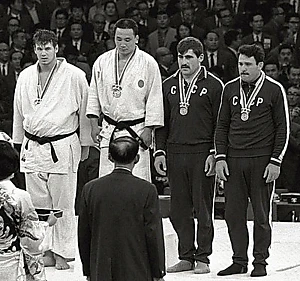Biography
(No Information)
Filmography
all 1
Movies 1
self 1
Information
Known ForActing
GenderMale
Deathday2020-07-20 (undefined years old)
Birth PlaceTruro, Canada
Height190-centimeter
CitizenshipsCanada
ResidencesVancouver, Canada
AwardsCanada's Sports Hall of Fame, Canadian Olympic Hall of Fame
This article uses material from Wikipedia.
Last updated:
 Doug Rogers
Doug Rogers- Filmography
- Information
